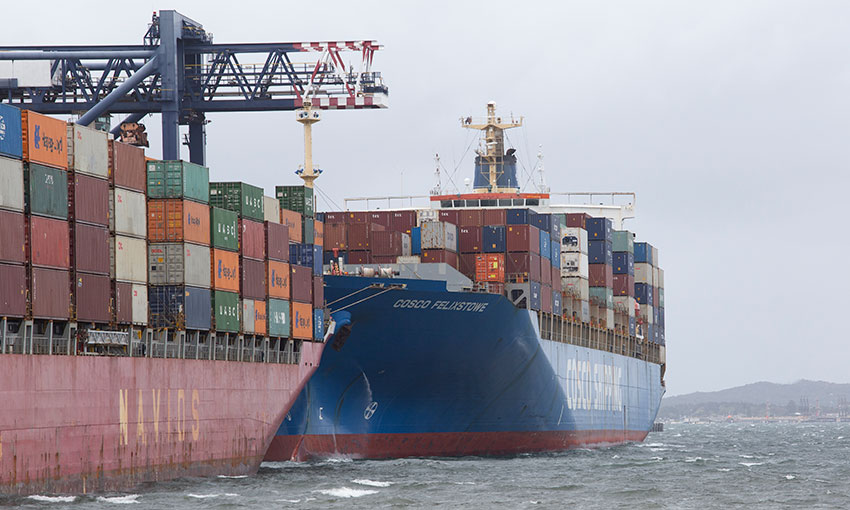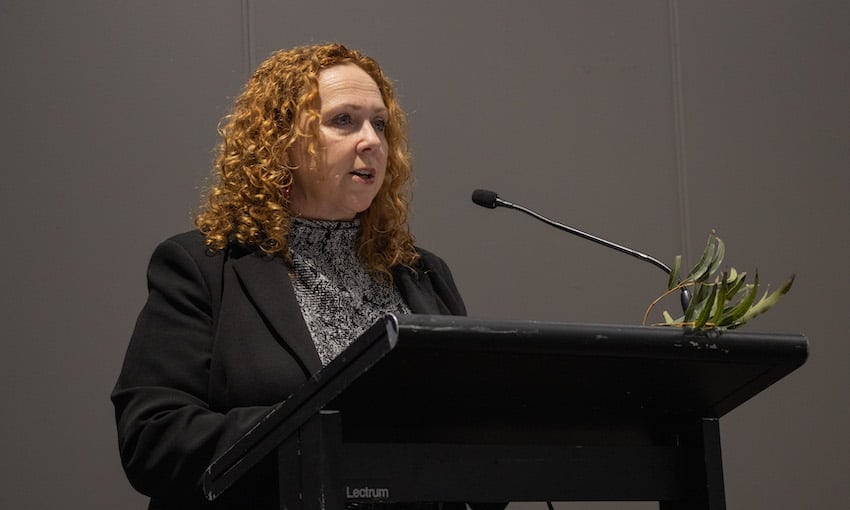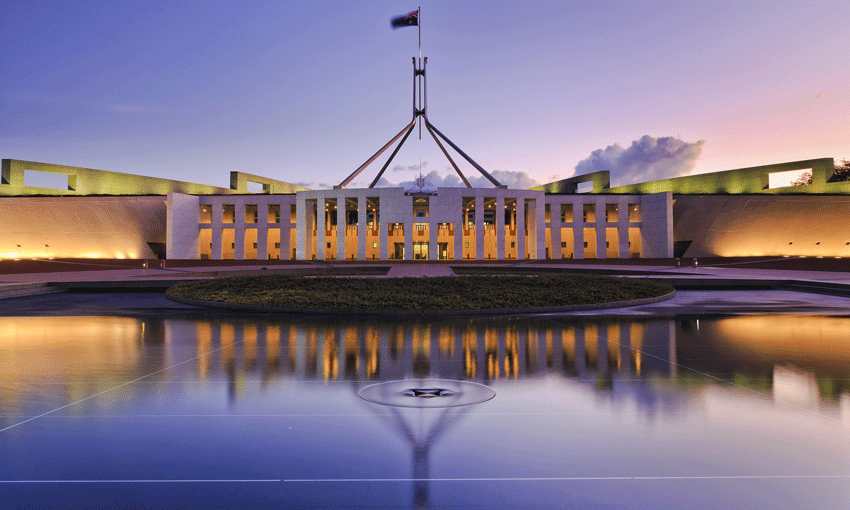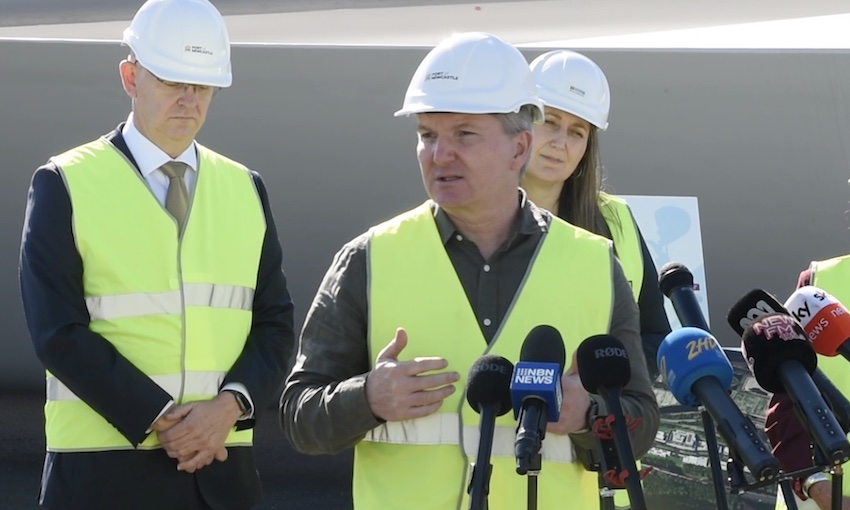AS the first step of the Independent Review of the Ports and Maritime Administration Act 1995 (PAMA Act) and Port Botany Landside Improvement Strategy (PBLIS), independent reviewer Ed Willett has released a discussion paper outlining the scope and purpose of the review.
The New South Wales government announced the review of the PAMA Act and PBLIS, to be led by Mr Ed Willett as the Independent Reviewer, last month.
Covering a key part of the state’s framework for ports and maritime management, the review will tackle inefficiencies and support NSW industry and jobs growth.
The discussion paper provides an overview of the PAMA Act and its application, as well as PBLIS including details of relevant performance measures, and poses several questions for consideration.
The paper notes that the long-term lease arrangements for Port Botany, Port Kembla and, separately Port of Newcastle remain outside of the scope of the review. Additionally, the review will not address stevedore charges.
Specifically, the review is to look at matters under the PAMA such as marine safety; port charges; and management of wharves, moorings, port facilities and works. And, under the PBLIS, the review will consider port landside performance under the PBLS; the administration of the strategy; and Port Botany’s growth and requirements.
Mr Willett said the discussion paper was an important step in setting the scene and laying the foundations for a successful review.
“New South Wales’ three trading ports contribute more than $6 billion to the state’s economy each year. It is important we examine the regulatory framework that underpins port operations, to ensure they are running efficiently,” Mr Willett said.
“Working with all interested stakeholders to identify how we can improve efficiencies will be essential to the success of the review. The release of a discussion paper is the first step in this. I look forward to receiving feedback on the paper.”
The Discussion Paper can be found on Transport for New South Wales’ website.
Formal consultation with stakeholders will commence in the new year; however, feedback can be provided online from now until 4 March 2022.





